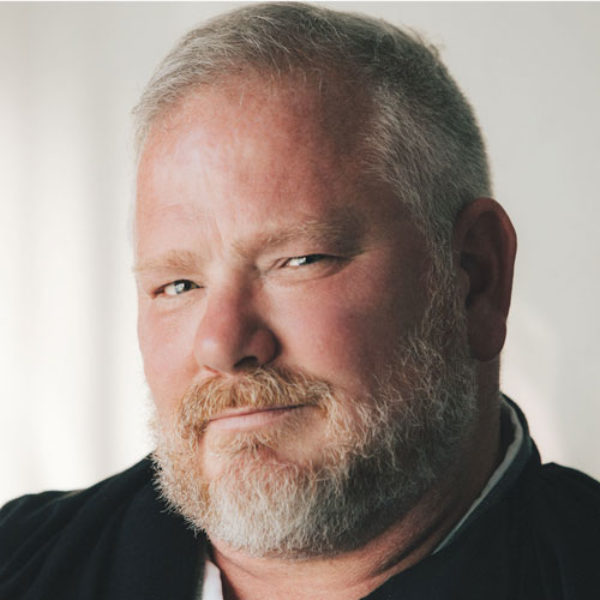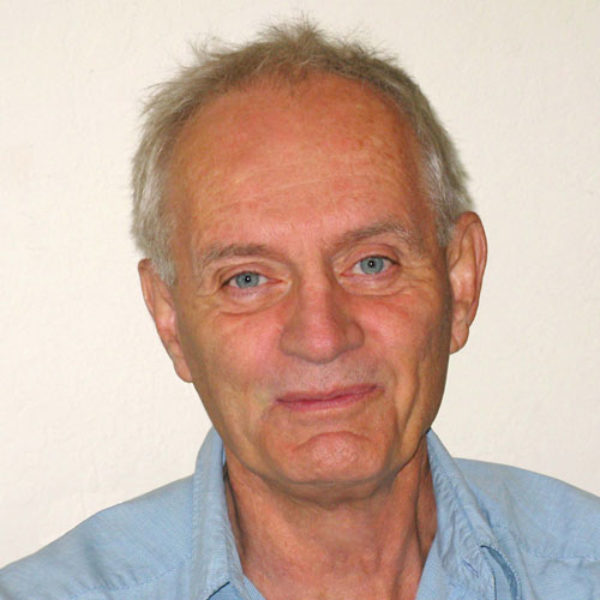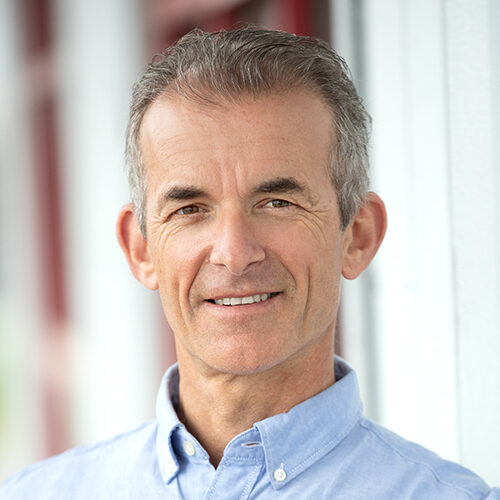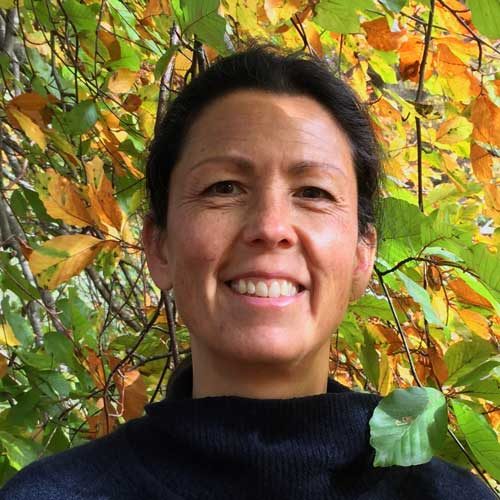Sex is everywhere. It’s how we got born, it teases us from advertising boards on every city street, it drives some of the biggest industries, and it provokes some of the most intense stimuli in body, heart and mind.
Yet dharma teachings, even in a lay context, mostly ignore sex. It is not spoken about enough, and Buddhism, like most other religions, usually defaults to either celibacy or long term monogamy as the only possibilities for wise sexual relationship. This is poor guidance and ignores the potency of sexual energy, the intensity of sexual desire, and the vital need to wake up around sex.
Meanwhile, we have a long, depressing and seemingly ever-growing list of Buddhist figureheads involved in sexual scandals, abuses and betrayals of trust. You cannot expect wise teachings on sexuality from (mostly male) teachers who can’t behave wisely, respectfully, or even consensually, in their own sex lives. And while Buddha has wise guidance on many things, would you go for advice on sex and relationship to a 2500 year old celibate Indian guy who ran away from his wife and called his son ‘Chain around my ankle’?
In this session, Martin explores the dharma and drama of sex. We look away from orthodoxy and tradition and towards 21st century life; exploring sexual history and desire, consent and conditioning, various forms of skilful sexual relationship, and a healthy approach to Tantra.








Discussion